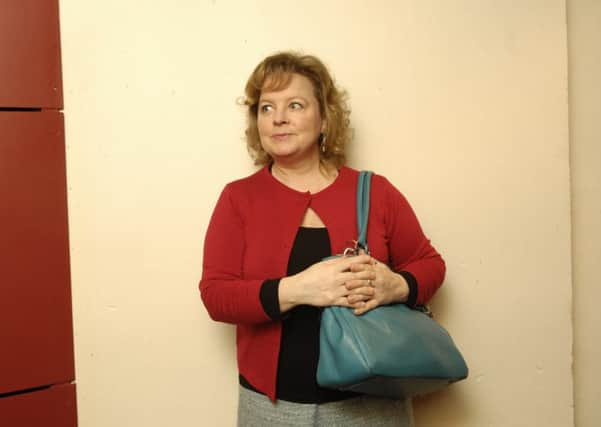Playwright says Scotland has ‘lost the Gaelic language war’


Linda McLean, who co-wrote Premiere Neige/First Snow with Davey Anderson and Quebecois playwright Philippe Ducros, said Scotland had “lost the language war” two centuries ago and it was “kind of great” that Canadian Francophones, who are more likely to support Quebec becoming an independent state, have kept their language.
The bilingual play, which was performed at the Edinburgh Festival last year in a project linking the National Theatre of Scotland and Quebec theatre groups Theater PÀP and Hotel-Motel, is currently showing for the first time in Montreal.
Advertisement
Hide AdAdvertisement
Hide Ad“In Scotland we lost the language war 200 years ago,” she said. “There’s still a lot of people concerned with how quickly Gaelic is disappearing. I know that my great-grandparents spoke Gaelic before they came to Glasgow and within a generation it was gone, apart from the odd word passed down. But I was struck by just how strong is the identification with language in Quebec independence.
“It’s great to have something so quick and sure like that to hang on to in a shifting world of not being exactly sure what politics might mean any more. Because you sure as hell know what language you’re speaking.”
Quebec held its first independence referendum in 1980, followed by a second in 1994. Both were lost by the separatist movement.
McLean added: “I’m just back from Montreal, where the urgency for independence does seem to have dissipated. In talking to people, purely anecdotally, what I was hearing was that their fear of losing their language – and the culture that accompanies it – had been appeased.”
However, McLean told Scotland on Sunday that audience members she had spoken to admitted that the Scottish referendum debate was not “on their radar”.